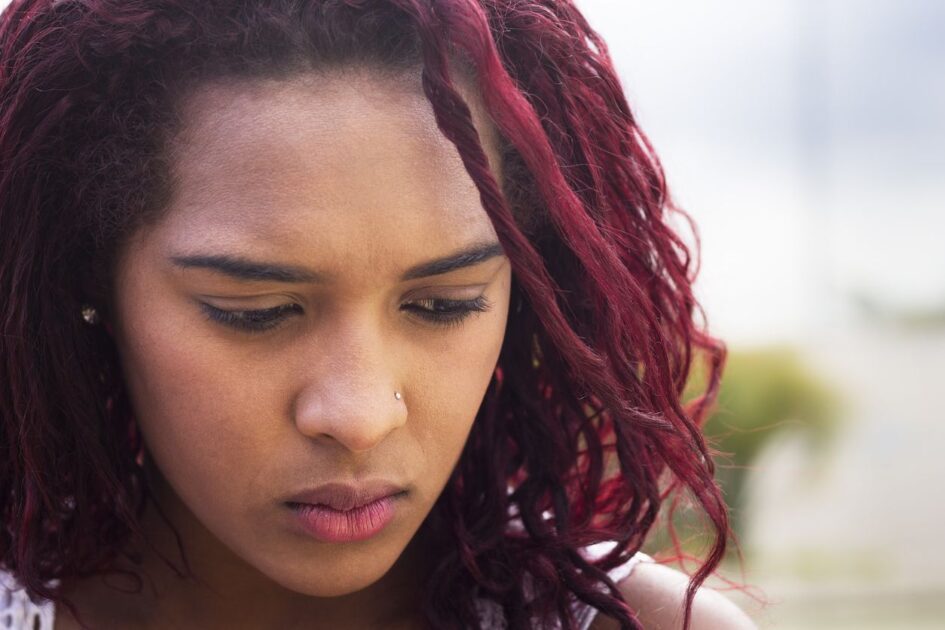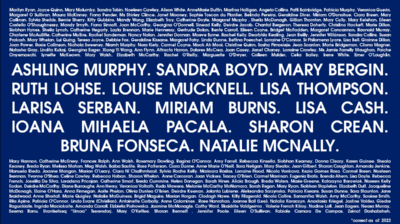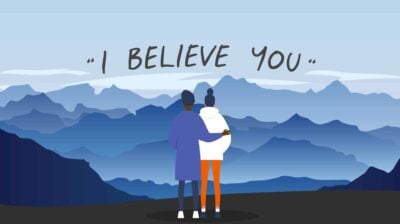What to do if you have been sexually assaulted
Sexual assault is when anyone has any form of sexual contact with you without your consent

Sexual assault can take many different forms. It can be any sexual action or behaviour done without consent or where the person is under pressure to do something sexually they don’t want to do.
Sexual assault occurs when someone touches any part of another person’s body in a sexual way, even through clothes, without that person’s consent. Assault and abuse are about control and power – the power of one person over the other. It can happen in a relationship and be done by someone you love or care about.
What to do if you have been sexually assaulted
If you have experienced sexual assault you are not alone. The National 24 Hour Helpline 1800 77 88 88 is available to anyone who has experienced rape, sexual assault, sexual harassment or childhood sexual abuse. The telephone counsellors are available 24 hours a day, 365 days a year, to listen, provide information or direct you to your nearest rape crisis centre where they can organise counselling if that’s what you want.
Any person, of any age or gender can be sexually assaulted or abused.
- Children, women, men and non-binary people can be victims of sexual assault or abuse
- Any person of any gender can perpetrate sexual assault or abuse
- Rape Crisis Centres throughout the country give support to people of any gender who have experienced rape, sexual assault and child sexual abuse
Who can help me if I have been sexually assaulted?
If you’ve experienced any form of sexual assault or abuse, it can be very difficult to talk about it. People often describe feelings of uncertainty, guilt, shame, anger, disgust and even disbelief. There can be worries about what will happen to you or the person involved if you speak out.
People who have been assaulted or abused will often fear that they won’t be believed if they tell someone or that it wasn’t serious enough. However, it is very important not to let this fear stop you from getting help. If you reach out to support services, you will be listened to and believed.
Rape Crisis Centres throughout the country provide support to people of any gender who have experienced rape, sexual assault, sexual harassment and child sexual abuse. They can accompany you to the Gardaí or police, arrange a medical forensic examination, give you information about what happens next, and offer you specialist support. There is also professional help available through the HSE National Counselling Service, including for those who have experienced childhood sexual abuse.
What to do if you’ve been sexually assaulted
If you have been sexually assaulted, it is common to feel in shock and unsure of what to do next. Regardless of how or when the assault happened, it was not your fault, and you do not have to blame yourself.
Next steps you can take:
- Tell someone you trust, even if you were assaulted or abused in the past but never spoke about it
- Contact the Rape Crisis Centre for support on 1800 77 8888. They can talk to you about next steps, or simply just listen
- Get in touch with your local Sexual Assault Treatment Unit (SATU) so that you can get the medical attention and support you need
- One in Four are an organisation who provide support to victims of childhood sexual abuse
How to report a recent rape or sexual assault in Ireland
When you report to the Gardai, they will take you to a Sexual Assault Treatment Unit (SATU) where you can receive medical treatment. They can carry out a forensic examination, and you can be given emotional support. The Rape Crisis Centre can arrange accompaniment to a SATU if you don’t want to go alone. If you make an appointment with the SATU directly, a Rape Crisis Centre support worker will be there for your appointment.
Reporting a crime means that when you make your statement, usually a couple of days after the assault. During it, you will be asked a lot of detailed questions. You can take your time, answer as accurately as you can but without feeling any pressure to fill in any gaps in what you noticed or remember. You should carefully read through your statement when it’s finished to make sure there are no mistakes. You should ask for a copy of the statement to be given to you.
The SATU will offer the information you need to make a decision on what to do next. You do not have to agree to make a formal complaint to access a SATU.
- If you decide to report the rape or sexual assault to the Gardai or police, if possible do not wash until after you have had a forensic medical examination because important forensic evidence might be washed away
- If you have already washed don’t worry, there may still be forensic evidence that can be gathered
- You have the right to ask for a male or female Garda or doctor
- When you’re reporting the rape or assault you can ask for as many breaks as you want and leave the station any time you want
- If you think you’ve been drug raped ask the medical staff to take a urine sample as soon as possible but remember some drugs can leave your system in as little as 12 hours
How you might feel after a sexual assault
How a person reacts to sexual abuse or rape is different for everyone. It can take a long time to deal with what happened.
It is common to:
- Feel disbelief, numb, frightened, powerless, ashamed, disgusted with yourself or humiliated
- Feel guilty and responsible for what happened or blame yourself for letting it happen
- Feel angry at the person or people who did this to you
- Want to be alone and feel unable to tell anyone that you were sexually abused
- Have nightmares or flashbacks about what happened and find it difficult to get involved with anyone else
It is not uncommon for victims to become aroused or climax during an attack. This is an involuntary reaction by the body and doesn’t mean you enjoyed the attack or wanted it to happen. If you want to talk, there are rape crisis centres throughout the country to listen and offer support. You can speak to them completely in confidence about what happened to you.
Coping after a sexual assault
It is not uncommon for someone to self harm or develop unhealthy patterns with drink, drugs, or food after such a traumatic event. If you are experiencing addiction or mental health difficulty due to sexual assault, support is available. The effects will vary from person to person because everyone reacts differently to trauma and crisis. Sometimes a person will not react in the way they themselves might have expected.
The time following a sexual assault can be very difficult but you are not alone. Countless people recover from traumatic experiences and go on to live happy, healthy lives. Sexual assault and sexual abuse is wrong and inexcusable and you are allowed to feel angry, sad, or any feelings you are experiencing. Receiving the support of those around you can be crucial to healing. Reach out to those you trust and talk about what has happened if and when you can.
Staff at a Rape Crisis Centre can help you find out what supports are available and decide what to do. The 24 Hour Helpline 1800 77 8888 offer a confidential, listening and support service for women and men who have been raped, sexually assaulted, or sexually abused at any time in their lives.
Feeling overwhelmed and want to talk to someone?
- Get anonymous support 24/7 with our text message support service
- Connect with a trained volunteer who will listen to you, and help you to move forward feeling better
- Whatsapp us now or free-text SPUNOUT to 50808 to begin.
- Find out more about our text message support service
If you are a customer of the 48 or An Post network or cannot get through using the ‘50808’ short code please text HELLO to 086 1800 280 (standard message rates may apply). Some smaller networks do not support short codes like ‘50808’.






